Environmental Science students partner with Backyard Growers
(from left) Jarrod Martin, Joao Ramalho, Tyler Parisi, Gabi Goszczynska , Macaella Oliver, Katie Nugent, Lexi Ciolino, Chrissy Nugent, Sophia Pata, and Sierra Rudolph practice their gardening skills
December 6, 2016
Growing your own food and understanding nature may seem ancient in today’s high-tech society, but it is a lot more important to the environment than you may think. Food requires an abundant amount of resources to transport, a concept many do not consider when grocery shopping. GHS’s environmental science students are learning how gardening can help offset some of the consequences of a mass produced food supply.
The Environmental Issues course is for seniors who are a part of the dual-enrollment program with Endicott College. Taught by science teacher Rachel Rex, the class studies the environment and the big issues that affect it, such as pollution, loss of biodiversity, and the loss of natural resources.
“We had a lot of experience interacting with the environment, learning how to make it a better place. Ms. Rex is a good teacher, she’s taught us a lot. It’s a good class,” said senior Bridget Stevens.
The class is partnered with Backyard Growers, a nonprofit organization based in Gloucester whose mission is to provide affordable renewable food and teach the community how to garden.
“It’s a really nice tie in and it includes biology, chemistry, and number of sciences. It fits really well under the umbrella of environmental issues,” said Rex.
A couple weeks ago, Gabi Goszczynska, the youth education coordinator for Backyard Growers, spoke to the class about the resources used to transport food, the carbon dioxide emitted, our carbon footprint, etc. and how anybody can grow their own food to become more sustainable.
Following the discussion, the students cleaned out the dead crops from the garden boxes donated by Backyard Growers and seeded trays with quick growing lettuce in the greenhouse.
“The kids got their hands dirty, pulling out the dead tomato plants, getting those ready for the compost program going on with Black Earth farms,” said Rex. “We went into the greenhouse, planted and covered [the seeds] with dirt, watered them. Our class has been going down to check on them since. And actually the seeds we planted have germinated and have sprouted.”
When harvest time comes around, Rex is unsure what purpose the food will have, but the previous year they made a salad to share as a class, and may continue with this tradition.
“I’m not sure what the plan is with this particular food, but last year we seeded lettuce in the back gardens in March and we picked it right before Memorial day weekend and had a little harvest party,” said Rex. “So maybe when we harvest some of this lettuce when it’s fully done growing we’ll have a harvest party, enjoy a little salad, make a homemade salad dressing and call it a day. It was really fun last time.”
In order to take the Environmental Issues class, students must be a part of the dual-enrollment program with Endicott college. But the Ecology classes, which run in the spring semester with Rex, also work with Backyard Growers. So students who enroll in the ecology class will have the same opportunity, as long as they have passed a science MCAS.
For more information about Backyard Growers contact Gabi Goszczynska at [email protected]
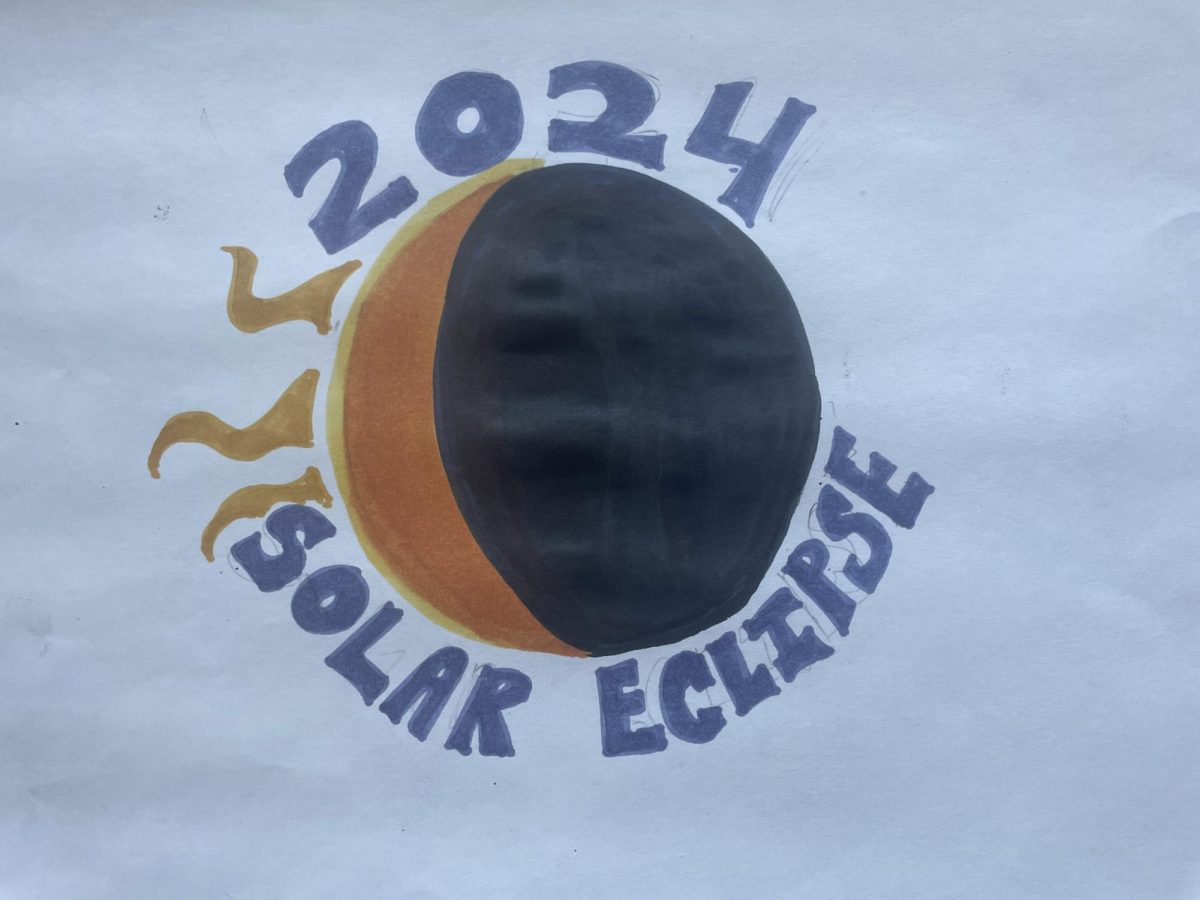
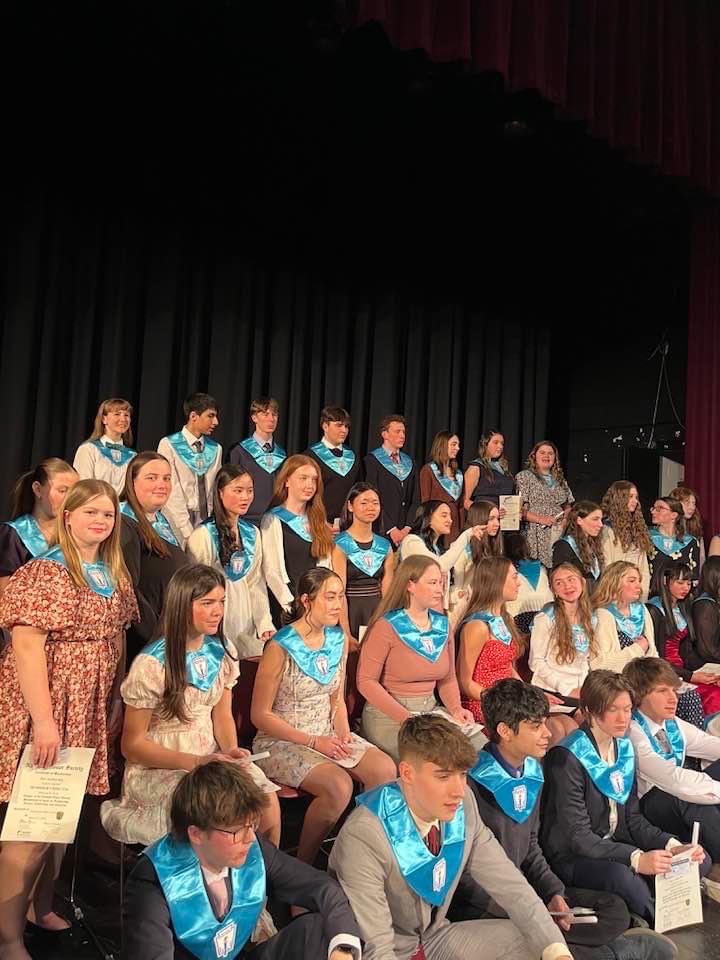

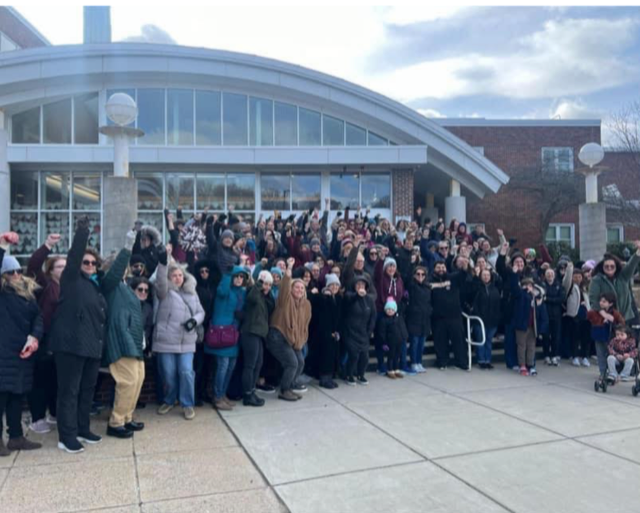
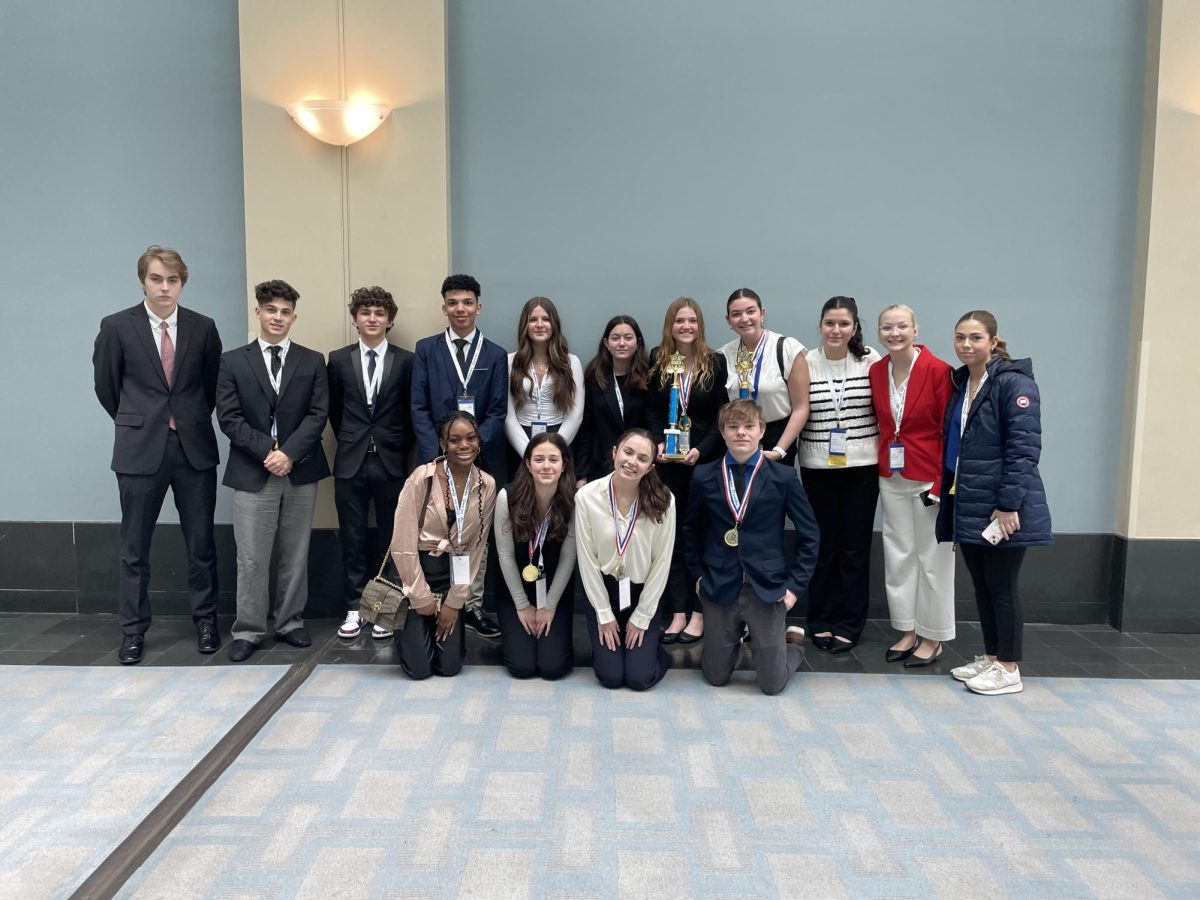
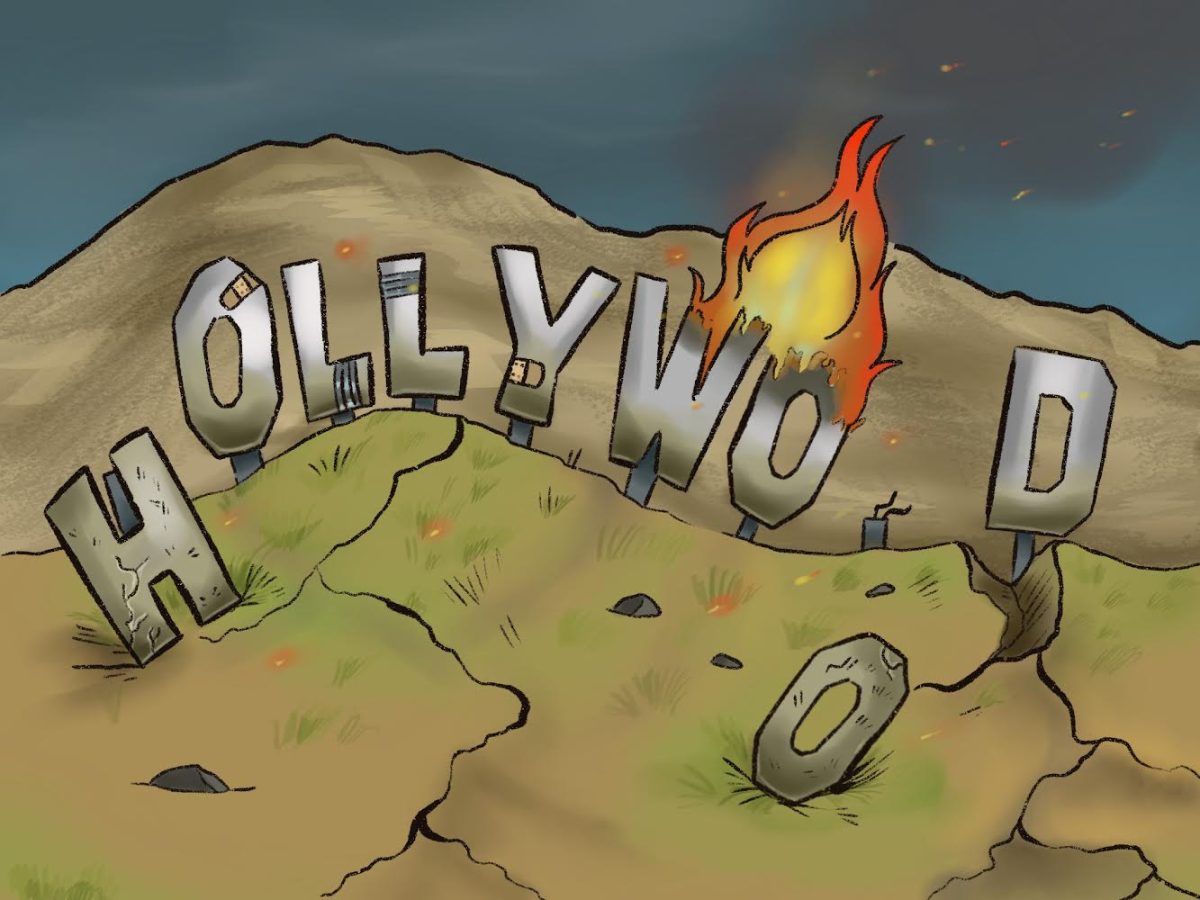
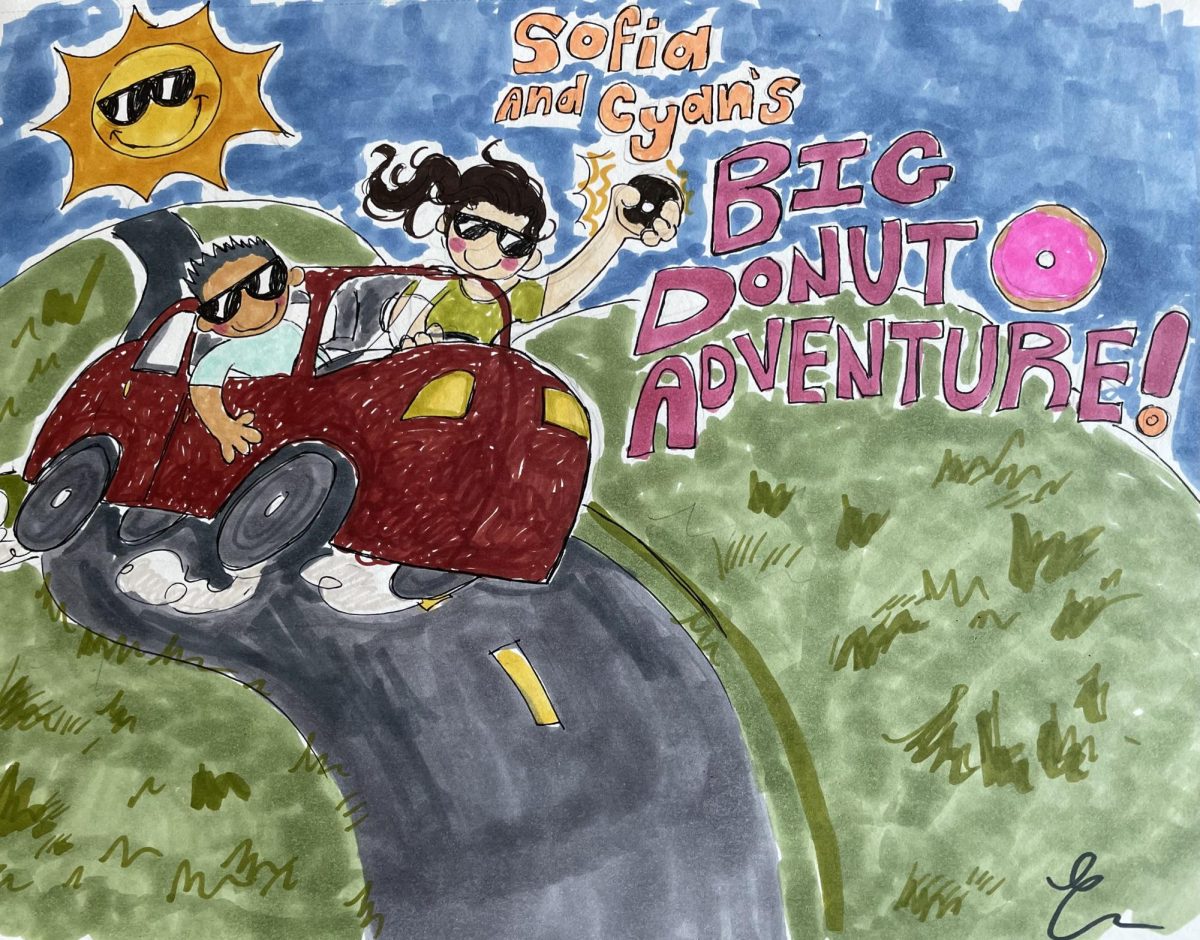

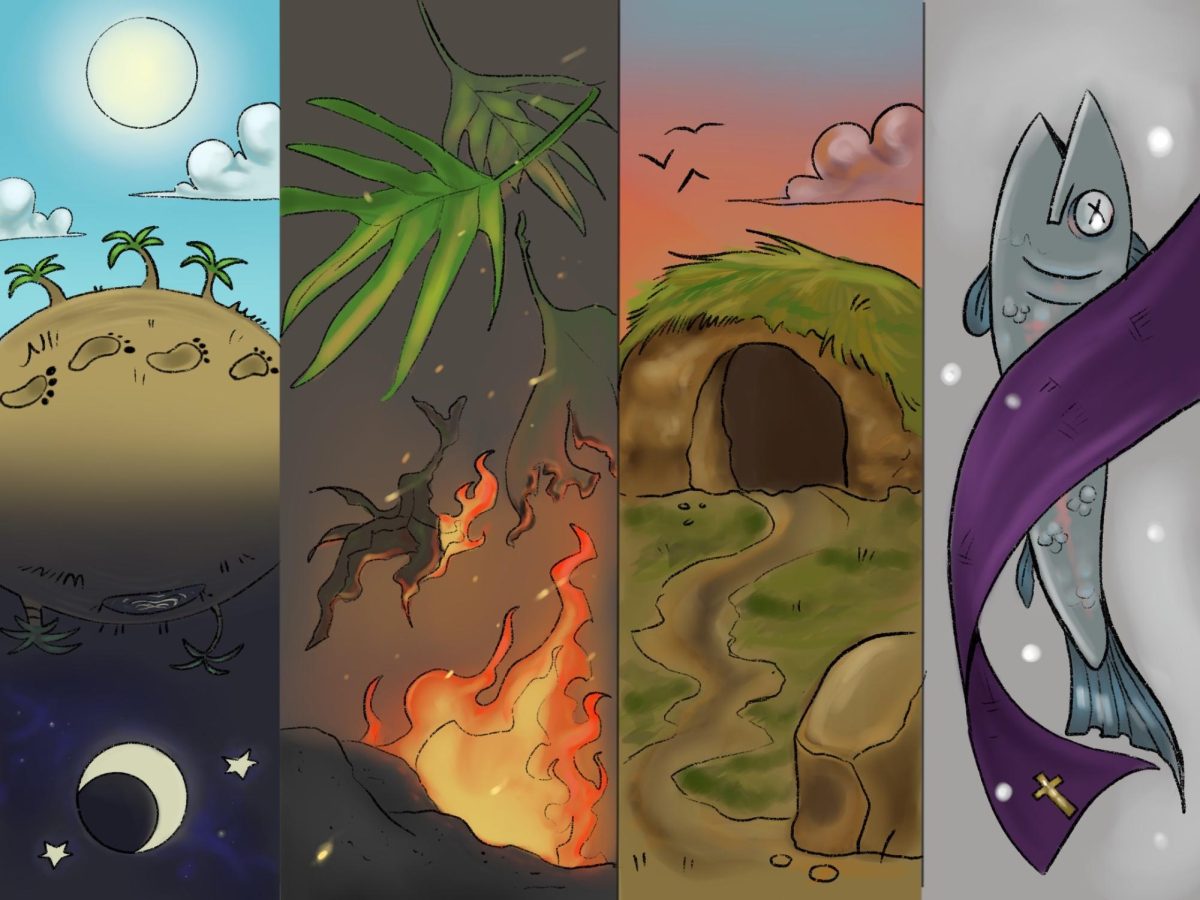

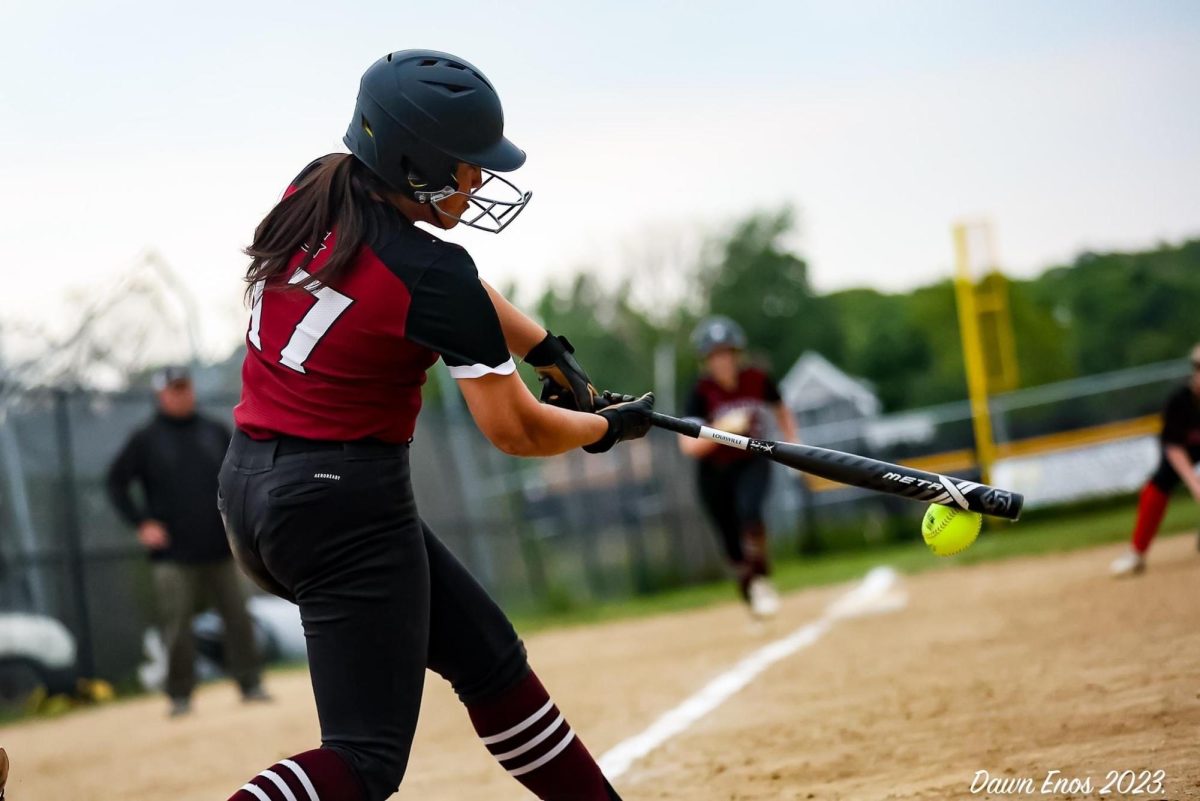
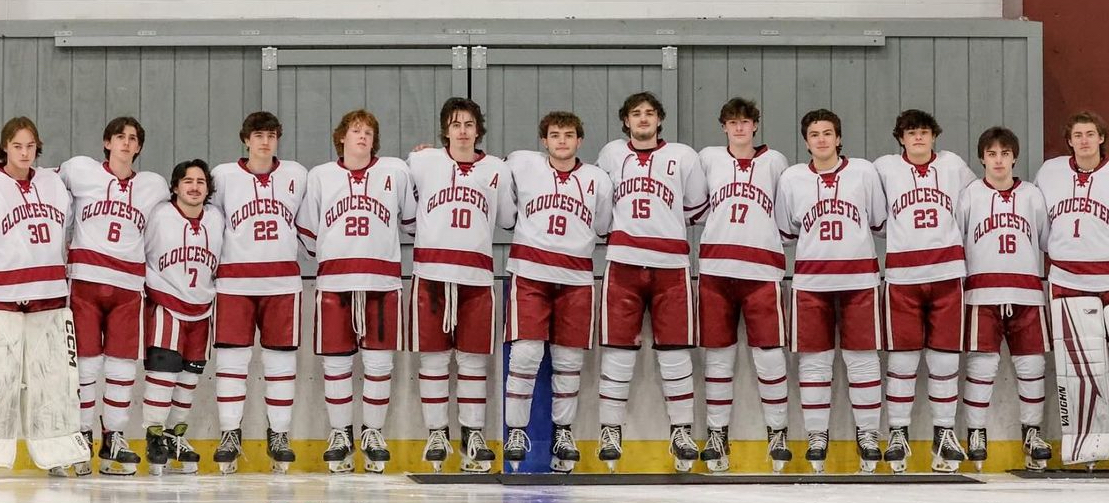
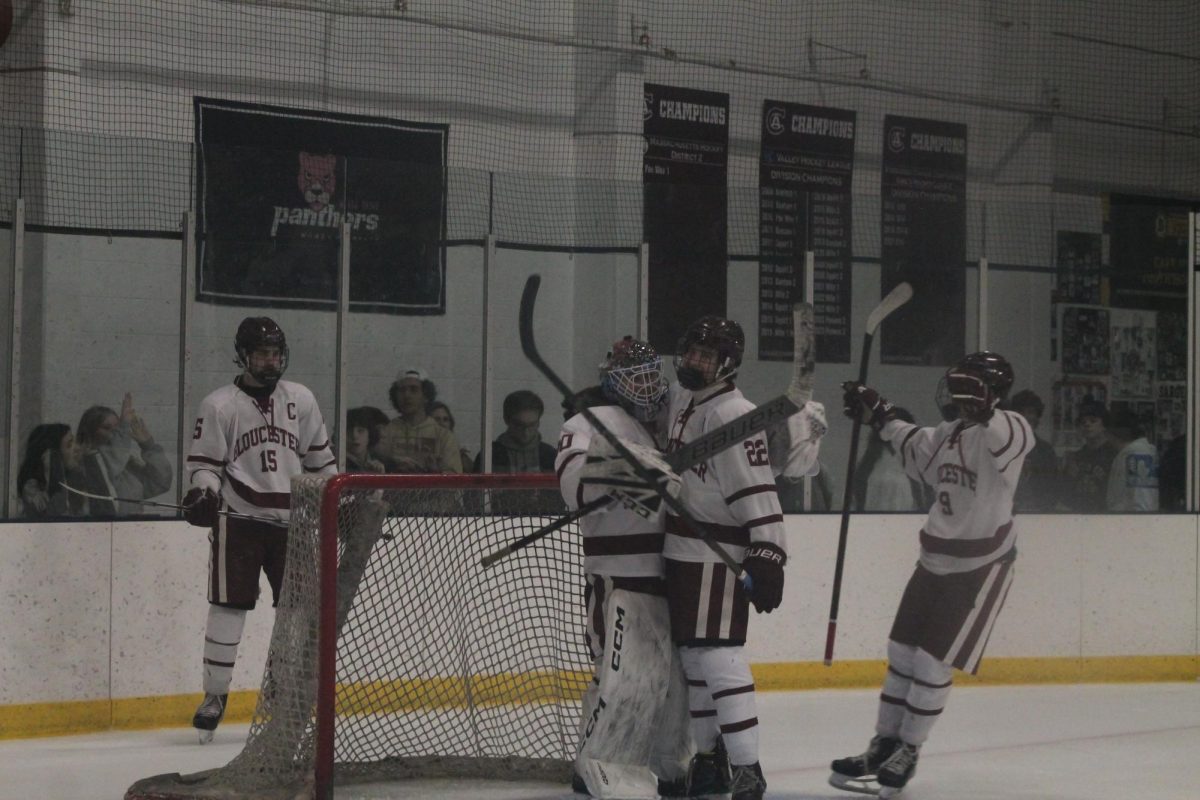


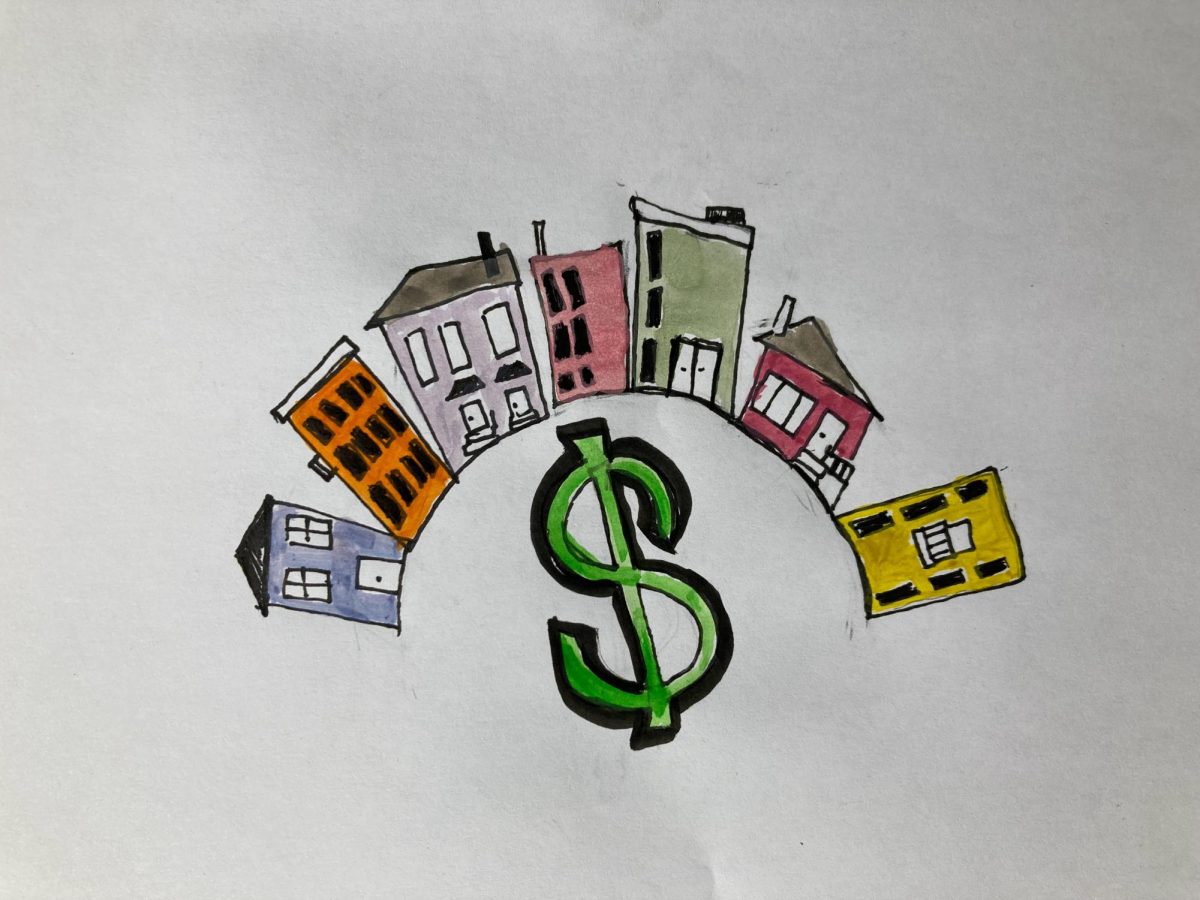
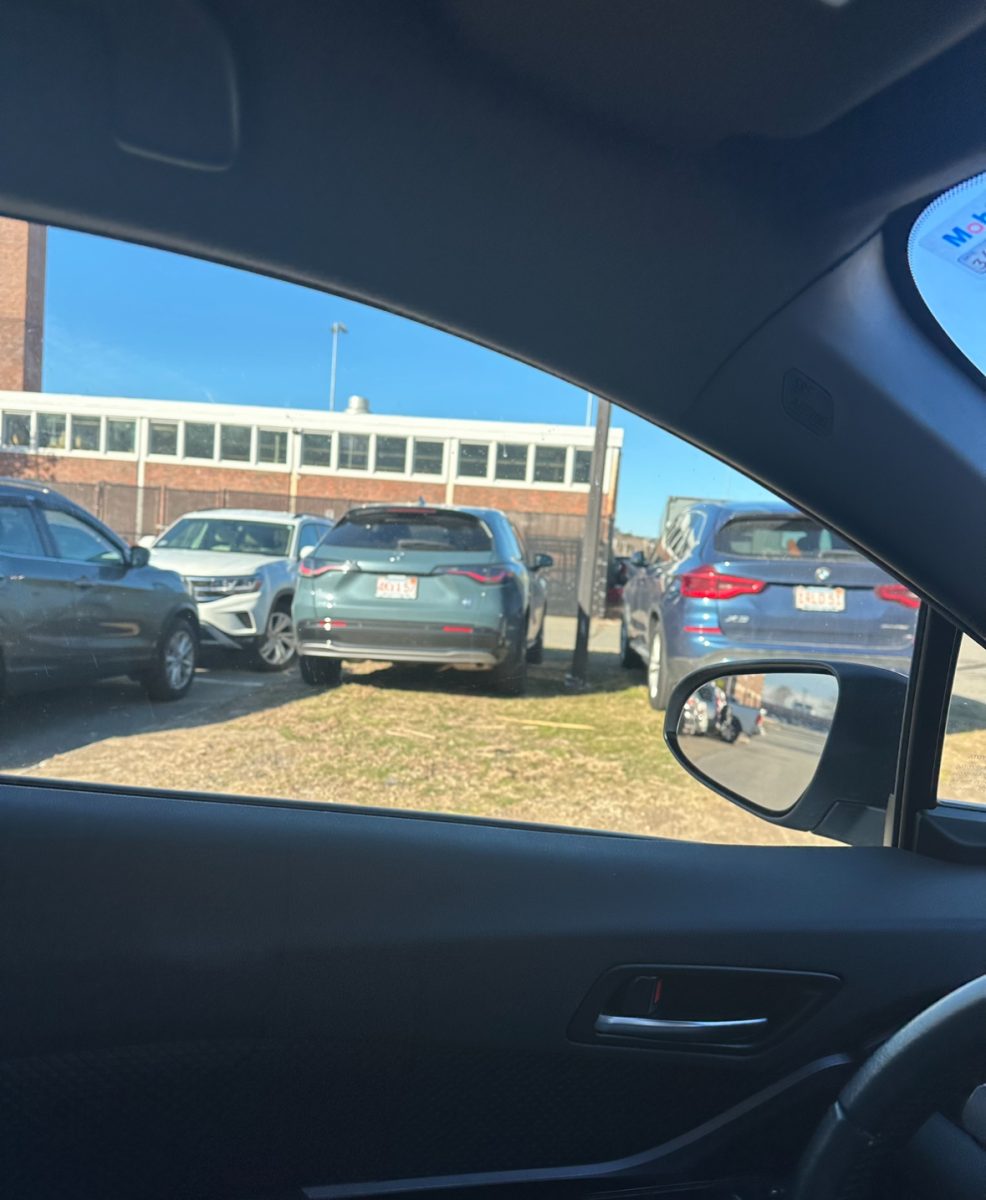
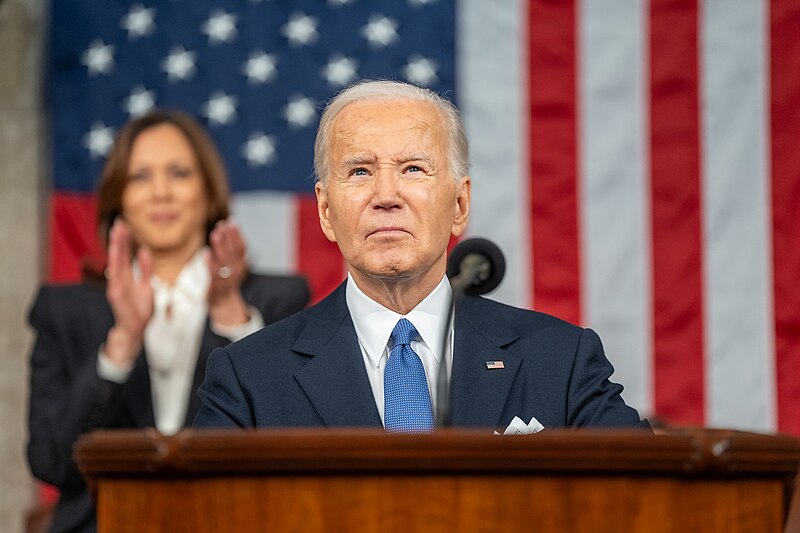
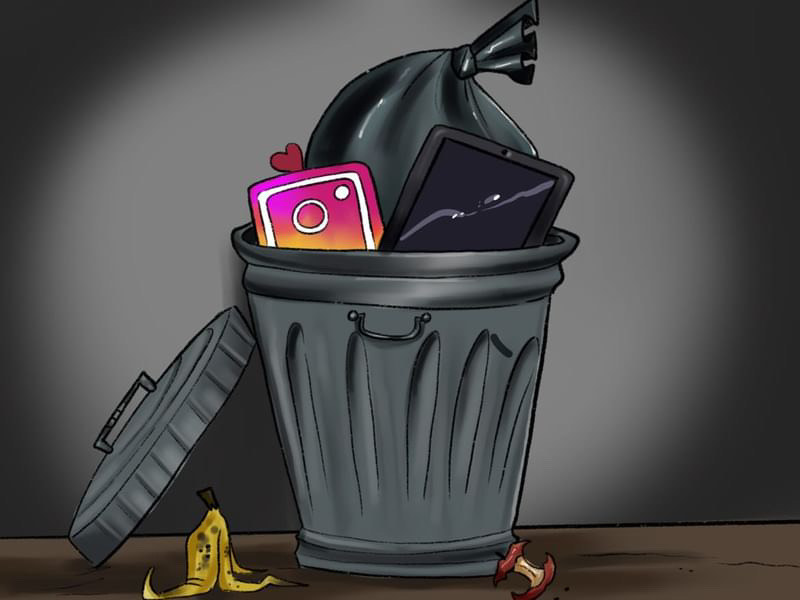
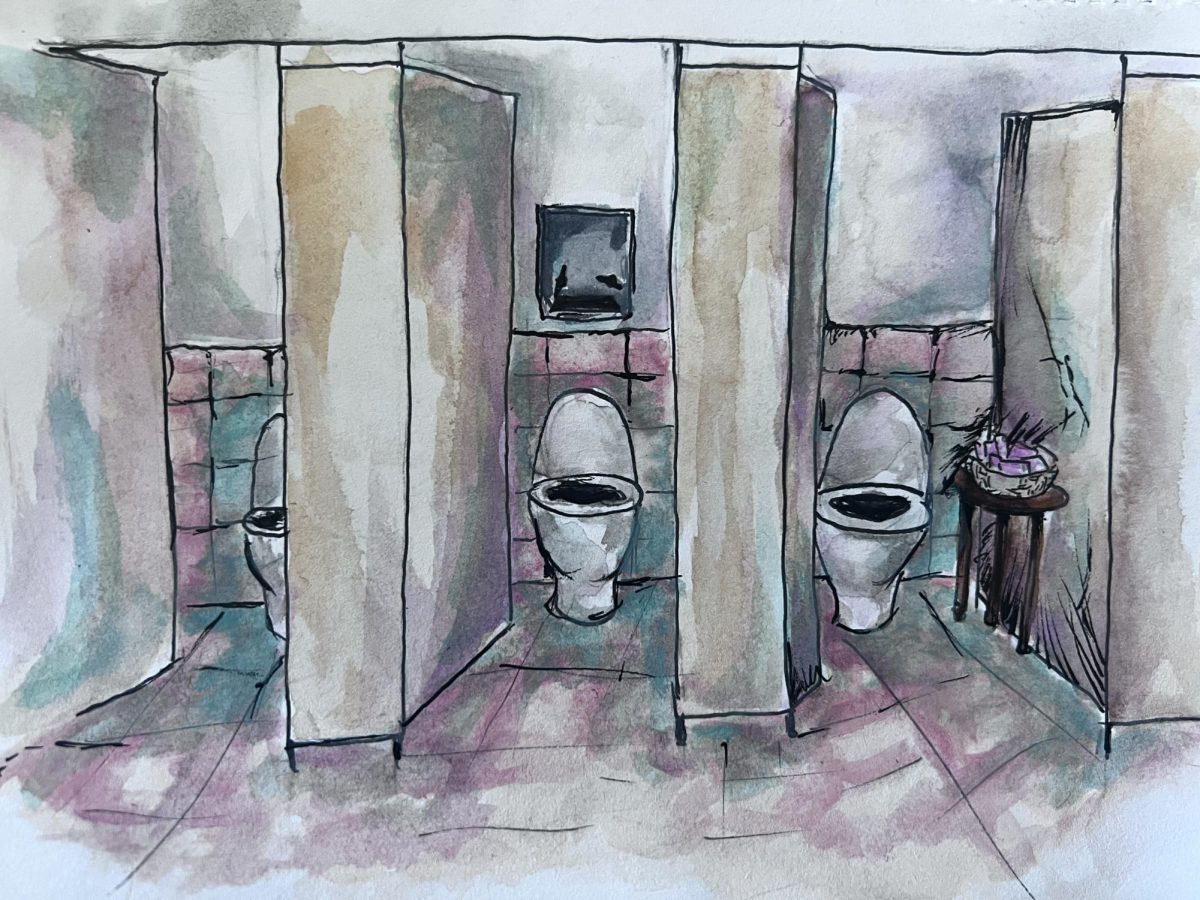
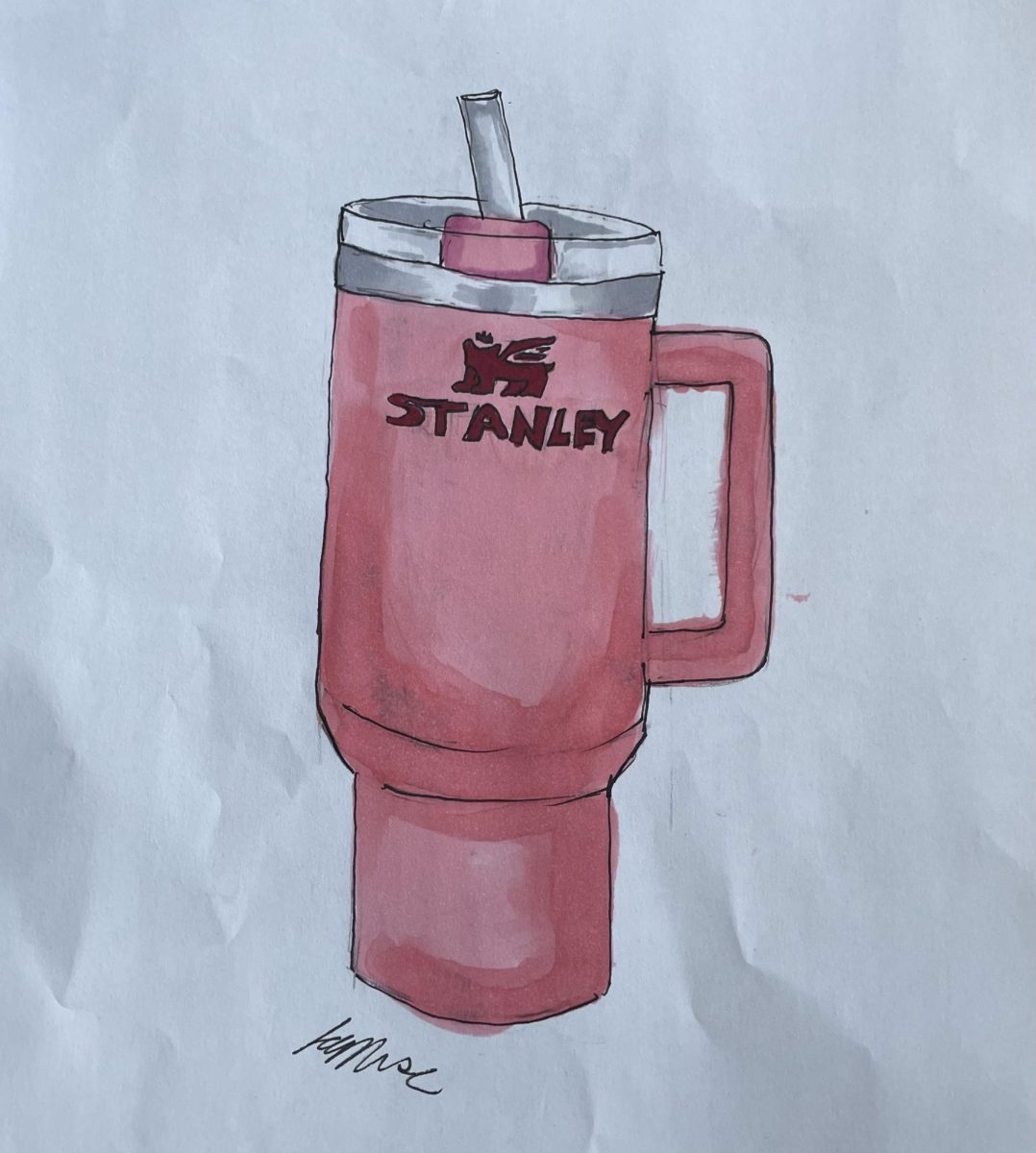
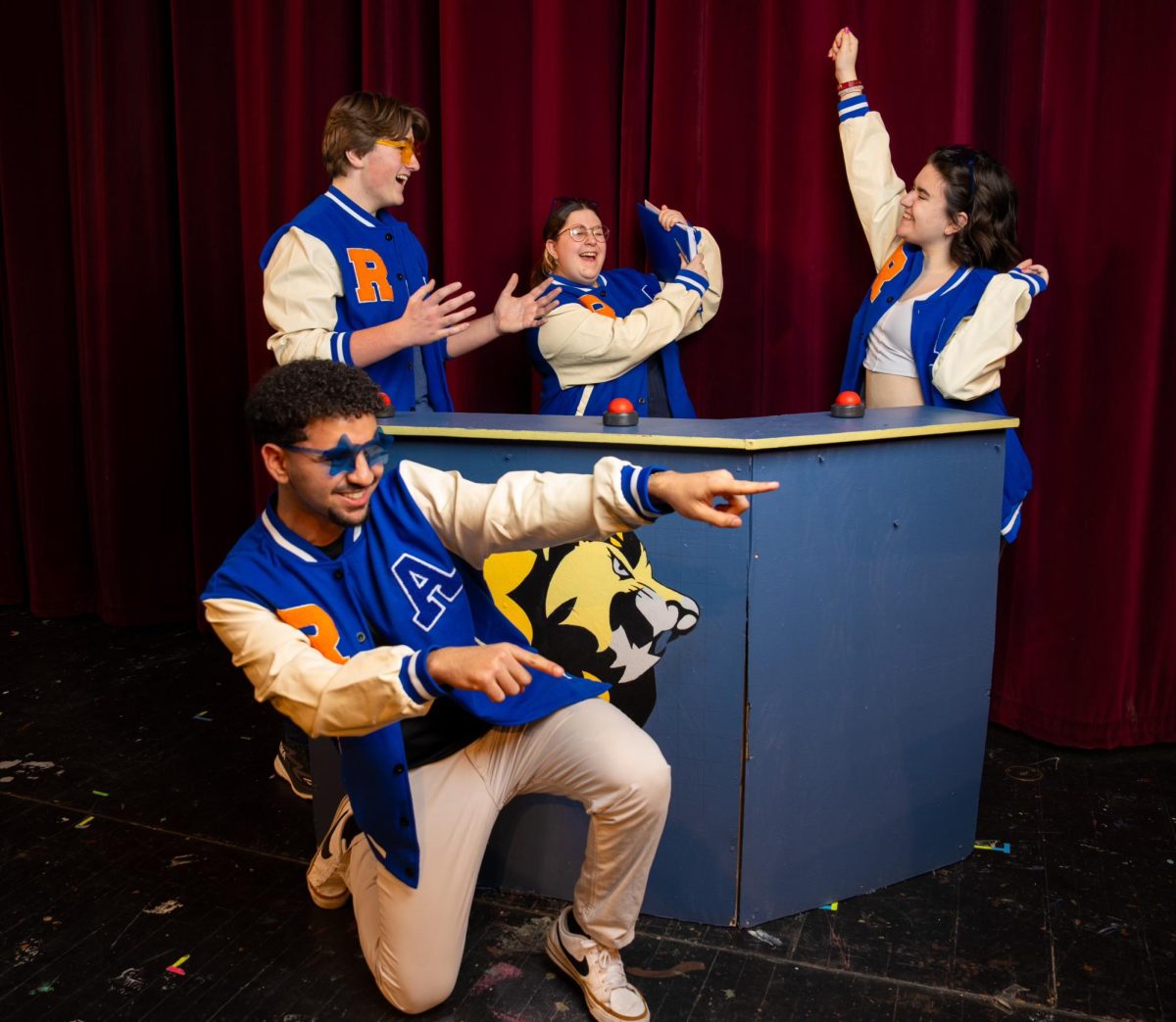
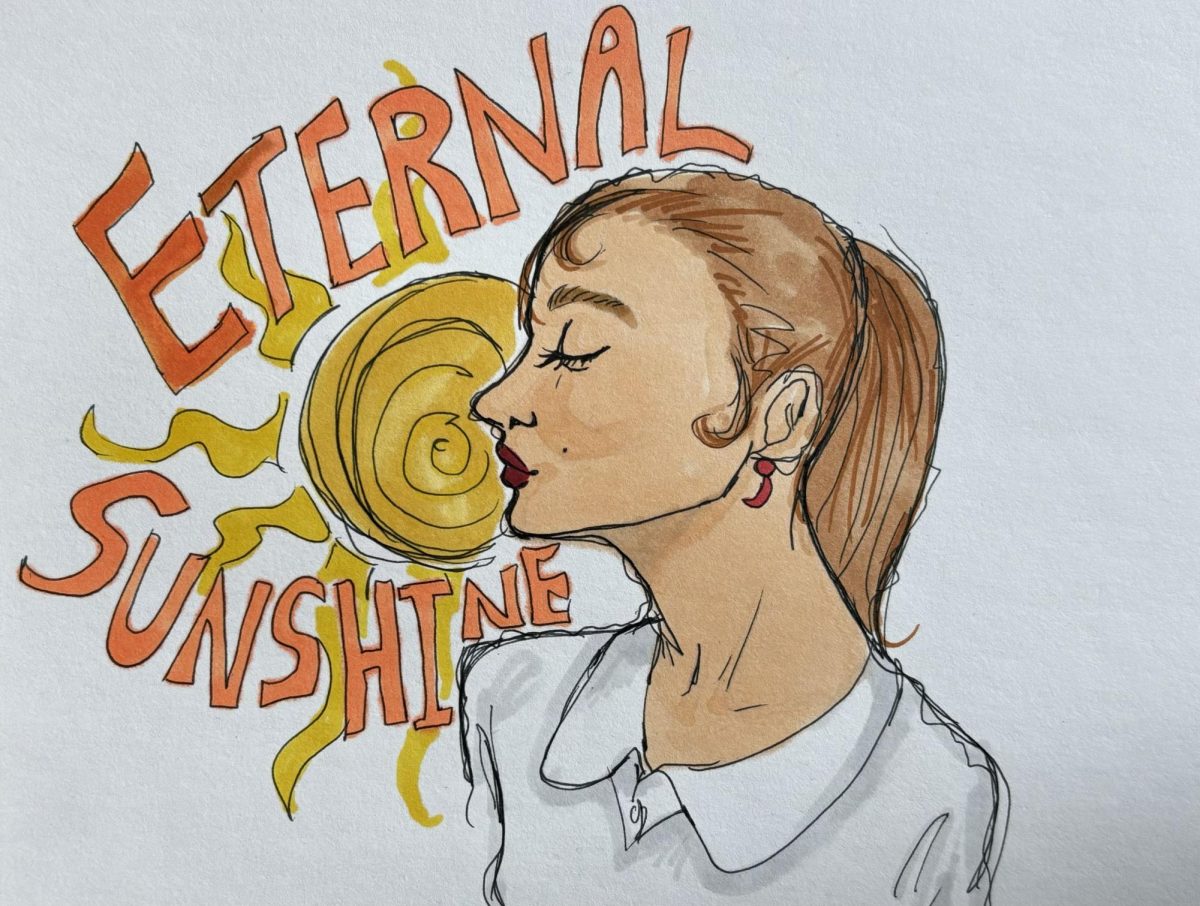






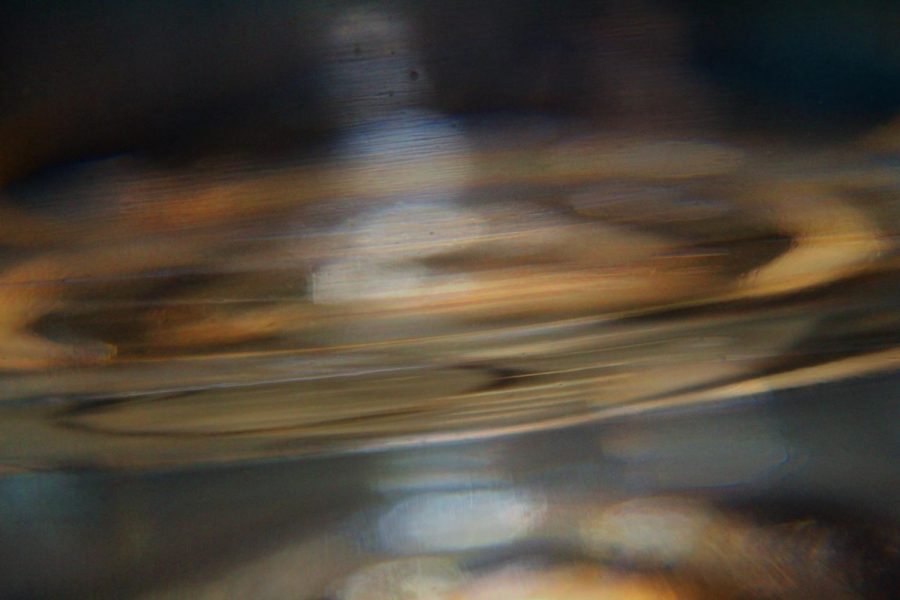
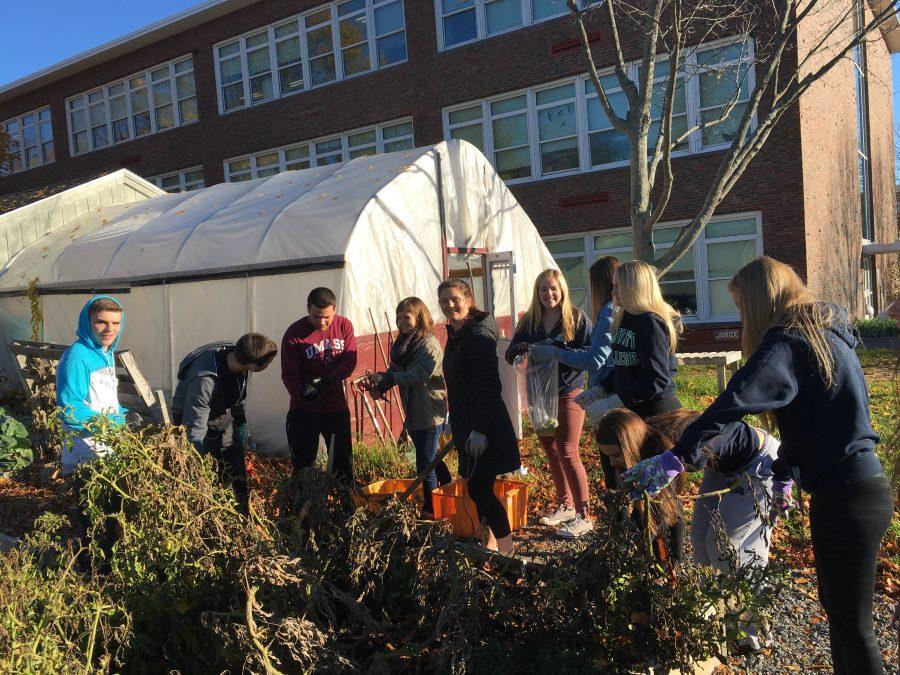
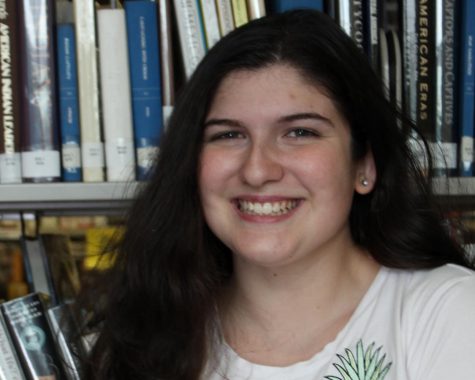


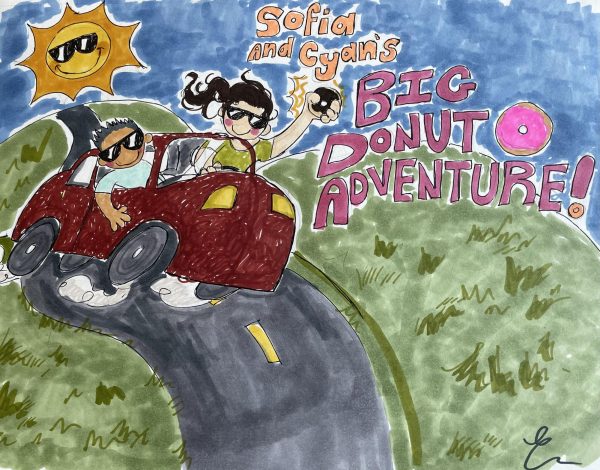




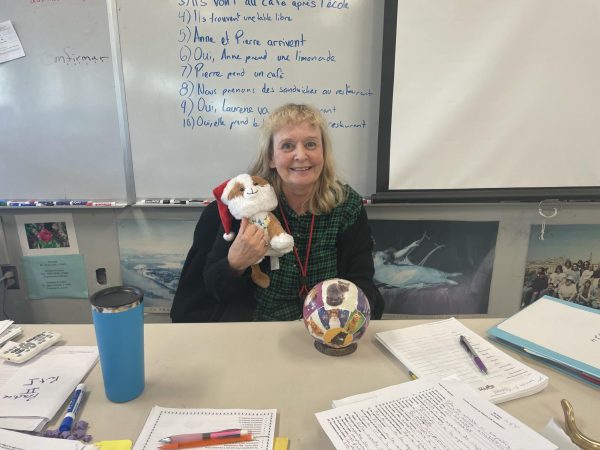

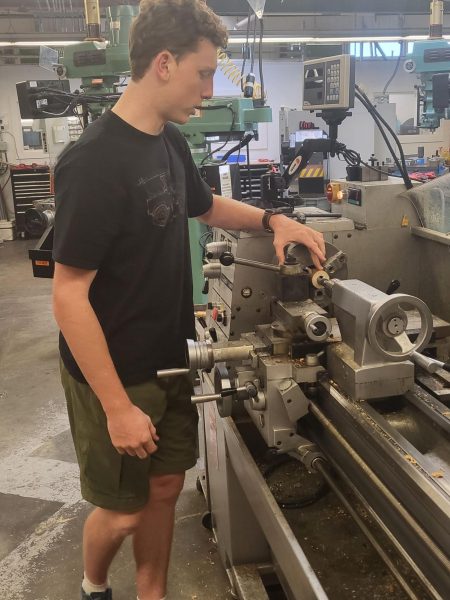
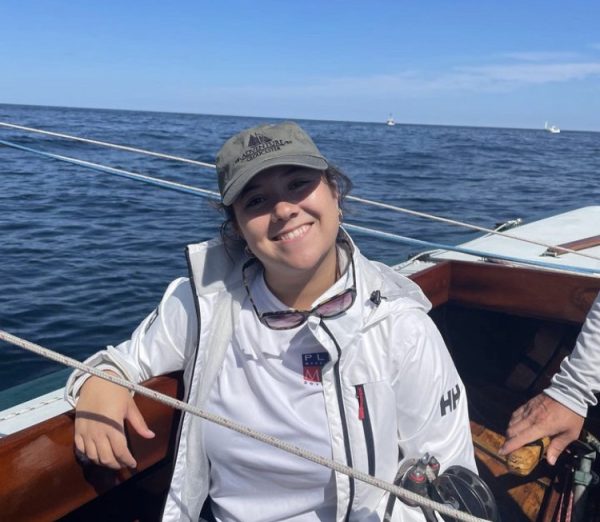
Mary Ellen Rose • Dec 8, 2016 at 10:49 am
Excellent article…so informative and well written! Wonderful to see such productive education happening at GHS!! Too bad they limit the course to a specific few… it seems more could benefit from that learning!!